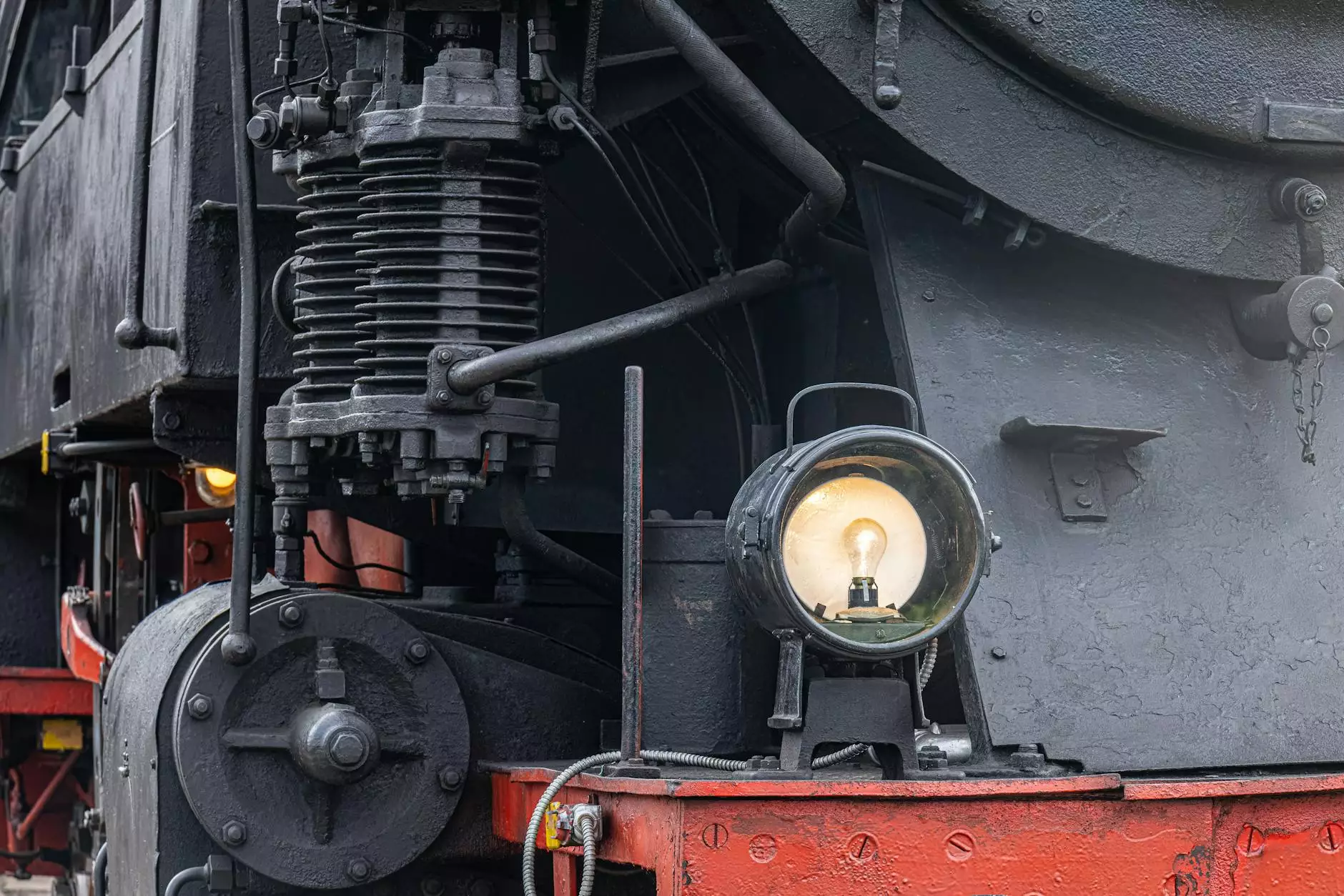Understanding Commercial Boiler Water Treatment

Commercial boiler water treatment is an essential aspect of maintaining the efficiency and longevity of boiler systems in various industries. This comprehensive guide will provide you with in-depth insights into the methods, benefits, and best practices associated with effective water treatment specifically designed for commercial boilers.
What is Commercial Boiler Water Treatment?
Commercial boiler water treatment refers to the processes and chemicals used to treat water before entering a boiler. The primary goal is to minimize the adverse effects of water on boiler performance and ensure safe and efficient operation.
The Importance of Water Treatment in Commercial Boilers
The success of any boiler system hinges on the quality of water used. Here’s why water treatment is critical:
- Prevents Scale Formation: Hard water contains minerals that can form scales on boiler components, impairing heat transfer efficiency.
- Minimizes Corrosion: Proper treatment reduces the risk of corrosive elements in water, which can damage the boiler and piping.
- Enhances Efficiency: Clean water leads to optimal boiler performance, resulting in lower fuel consumption and reduced operational costs.
- Ensures Safety: Maintaining appropriate water chemistry prevents dangerous situations like explosions caused by vapor lock.
Common Methods of Water Treatment
Various methods are employed in commercial boiler water treatment. Below are the most widely used techniques:
1. Chemical Treatment
Chemical treatment involves adding specific chemicals to the boiler feed water to mitigate issues like scale formation and corrosion. Some common chemicals include:
- Corrosion Inhibitors: These compounds create a protective film on metal surfaces.
- Scale Inhibitors: These agents help prevent the crystallization of minerals.
- pH Adjusters: Chemicals like caustic soda are used to maintain optimal pH levels.
- Biocides: These are introduced to eliminate bacterial growth in the water system.
2. Mechanical Treatment
Mechanical methods employ physical processes to purify water, ensuring that it is free from particulate matter. Techniques include:
- Filtration: Utilizing filters to remove solid particles from the water.
- Softening: Processes like ion exchange replace hard ions (calcium and magnesium) with softer ions (sodium).
3. Reverse Osmosis
Reverse osmosis (RO) is a highly effective method for reducing contaminant levels in water. It uses a semipermeable membrane to remove ions, molecules, and larger particles, improving water quality significantly.
Factors Influencing Water Treatment Choices
When deciding on the right treatment regimen for your commercial boiler, consider the following:
- Water Quality: Conduct analysis to determine the hardness, alkalinity, and contaminants present in the water supply.
- Boiler Specifications: Different boilers may have varying tolerance for specific water characteristics.
- Operational Conditions: Factors such as temperature and pressure greatly influence treatment needs.
- Regulatory Compliance: Ensure your water treatment methods align with local regulations and industry standards.
Consequences of Poor Water Treatment
Neglecting commercial boiler water treatment can lead to disastrous outcomes. Here are some potential consequences:
- Increased Downtime: Boiler failures lead to interrupted operations, impacting productivity and revenue.
- Higher Repair Costs: Damage from scale and corrosion results in costly repairs or complete replacements of boiler systems.
- Energy Inefficiency: Poor water quality often leads to increased energy bills due to poor boiler performance.
- Safety Hazards: Contaminated steam can harm employees and customers, creating liability issues for the business.
Implementing an Effective Water Treatment Program
Implementing a successful commercial boiler water treatment program involves several key steps:
1. Water Analysis
The first step is to conduct a thorough analysis of the water supply. This will help in identifying contaminants and developing a tailored treatment solution.
2. Choose a Treatment Strategy
Based on the analysis, select an appropriate combination of chemical and mechanical treatments that best address the identified issues.
3. Regular Monitoring and Maintenance
Establish a routine monitoring schedule to analyze water quality continuously. Adjust treatment methods as necessary, based on monitoring results.
4. Train Staff
Doing so ensures that all personnel understands the importance of water treatment and the specific procedures in place. Proper training reduces the risk of operational errors.
The Role of BIMAKS Kimya in Water Treatment
At BIMAKS Kimya, we specialize in offering high-quality commercial boiler water treatment solutions. Our extensive range of Water Purification Services ensures that your boiler operates efficiently, minimizing costs and extending equipment lifespan. We provide tailored solutions based on individual business needs, with a focus on quality and compliance.
Conclusion
In conclusion, commercial boiler water treatment is an indispensable part of maintaining a safe and efficient boiler system. Adopting the right strategies not only protects your investment but also enhances operational efficiency, contributing to higher profitability and sustainability.
For businesses looking to improve their water treatment processes, partnering with experts like BIMAKS Kimya can provide additional benefits. Contact us today at bimakskimya.com.tr to learn more about our services and how we can help you ensure optimal boiler performance.









